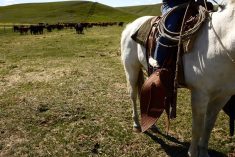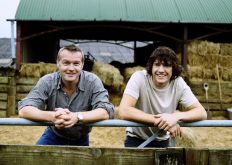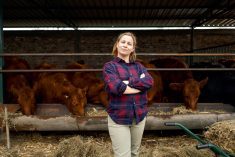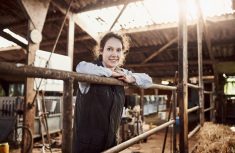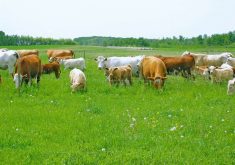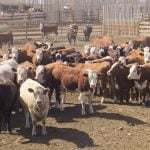Chip Conley has a different perspective on retirement. If you live to be 90 and start working at age 18, when you reach age 54, you are halfway there, he says. Conley, a former hotelier and Air BnB employee, now runs the Modern Elder Academy.
Conley cites societal changes that have occurred as our lifespan has increased significantly, affecting retirement. Retirement in the early to mid-60s was necessary, as people performed hard physical labour all day long. For most people, this is no longer the case.
Read Also
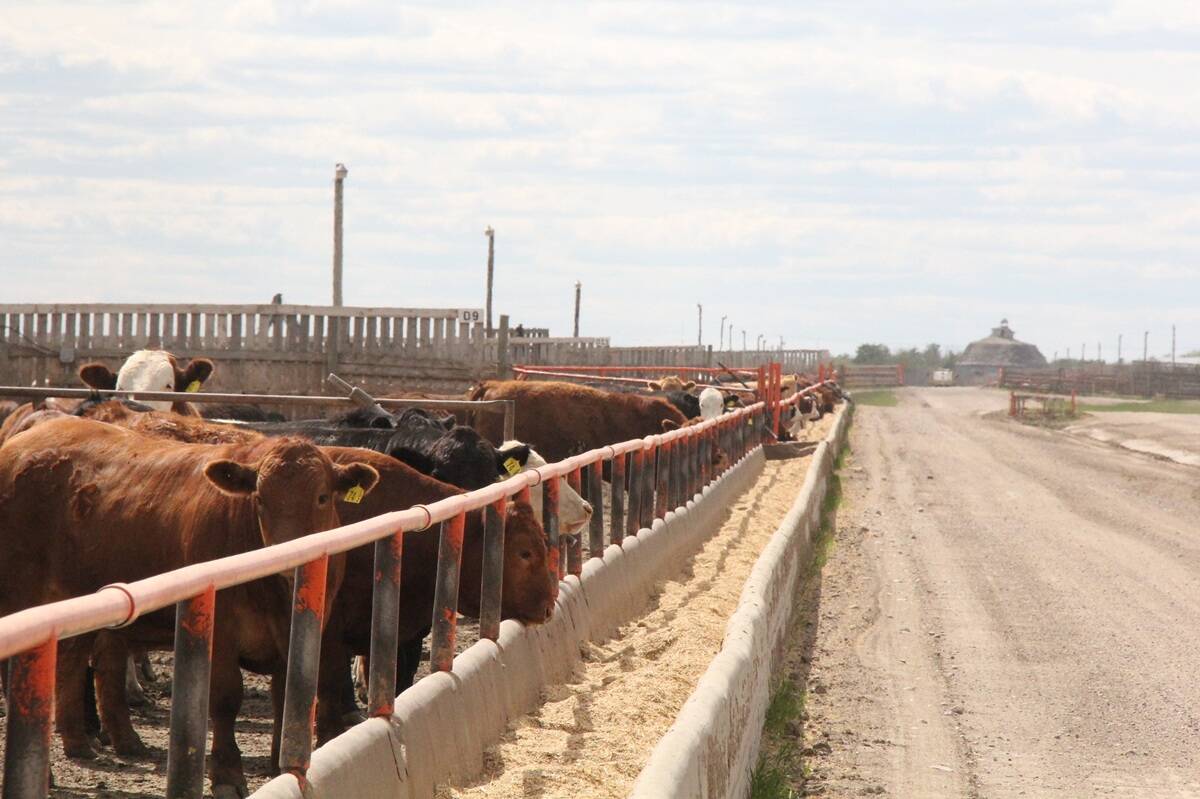
Unwinding the fibre in feedlot cattle diets
Research into how barley rolling method and undigestible NDF levels affect animal performance and digestive health in finishing diets
With that in mind, somewhere in your 50s, Conley suggests a transformation occurs and there are many ways we can influence the transformation. This “mid-life crisis” often has negative connotations, but Conely wants to change the way we frame it. A different type of wisdom occurs, largely due to the increased number of experiences. This is similar to what Adam Brooks says, which I wrote about in a previous column. Conley refers to this stage as “middlescence” and those in it as “modern elders.” He has written several books and developed personal development retreats and workshops on the topic.
- MORE ‘Depth of Field: Seven habits of highly effective ranch families
Conely’s eBook, Transitions, offers more on the topic. Mid-life offers a rich opportunity to sort out transitions in several categories, he writes. He calls them the “Six Ps” of mid-life transitions:
1. Personal Transitions: moving, empty nesting, divorce, sense of pace.
2. Physical Transitions: changing hormones, diet, sensuality, physical or cognitive health.
3. Psychological Transitions: feeling anxious or depressed, inflexible, lonely, angry.
4. Pandemic/Passing Transitions: fear of death, facing mortality, uncertainty, loss.
5. Professional Transitions: retired, changed career, lost job, starting new business.
6. Purpose Transitions: finding legacy, spiritual connection, new direction.
Transitions can happen gradually or all at once. We may be experiencing one, some or all. Now, consider if your approach to the transition is regressive or regenerative. Regenerative is a term often used to refer to soil health or land, but in our ag community, it is not often used in conjunction with personal growth.
“When facing significant change that requires an internal transition to occur, sometimes our fear overrides the impulse to grow,” writes Conley. In family businesses, succession to the next generation is a meaningful change — particularly, as I have mentioned before, for the senior founder or leader. We need to find ways to help navigate the transition, beyond taxes and legal agreements.
Every transition has a beginning, middle and end. Often, the middle stage is messy. Conley has categorized the stages as follows:
Ending
- External kick or internal shift
- Denial
- Emotional bath
Middle
- In competence
- In the soup
- Finding the thread
New beginnings
- Becoming
- Taking flight
- Finding flow
Of course, we are all unique, as are our experiences, and we will go through these stages differently. When reflecting, I am sure many of us can relate and find our own personal examples.
“Personal degree of satisfaction will often bottom out in this (middle) stage but then start to increase as we navigate through the new beginnings,” Conley writes. Curiosity and desire for continued learning can be a component. What are some of the things that interest you? Are there new things you can learn or try?
- READ MORE: Elaine Froese: The power of target dates
Purpose and a keen sense of what that means to us help us live longer and more meaningful lives. In strategic planning sessions, I will ask for the statement of purpose for the organization. There has been a great deal of work done in the leadership arena, which supports the value of having your own mission statement.
“View purpose as a verb, rather than a noun,” Conley writes.
Conley is a strong proponent of mentoring, and says it can be a valuable learning experience. But don’t assume the elder is always the mentor. He cites examples where it was a balance and refers to it as a “mentern” relationship, part mentor and part intern. Each party has a strength in a certain area and a deficit in another. Certainly, technology comes to mind as an area where the younger folks are in a strong position.
He encourages us to seek mentors and mentees, even in an informal way. It could be within organizations or outside. In family businesses, often there are mentors you are related to, but finding those outside will have a different flavour, depending on what the relationships are like.
To metabolize experiences and knowledge, Conely used a wisdom book. Once a week for over 30 years, he would reflect on happenings from the week and drill down into what he had learned and how that could be applied in diverse ways. This is similar to a journal, but with more emphasis on application than the experience of emotions. He still does this every month.
He also suggests we should use the term “pro-aging” and cites Becca Levy’s research from Yale, which reveals a significant benefit: mid-lifers who adopt a positive mindset towards aging can enjoy up to 7.5 years of additional longevity. In our house, the term retirement has been replaced with “re-direction of energy.”
“Mid-life is not a crisis; it is a calling!” Conely concludes.
Watch our video extras!
Find all of our Depth of Field videos in one place at canadiancattlemen.ca/depth-of-field/depth-of-field-extras/.


